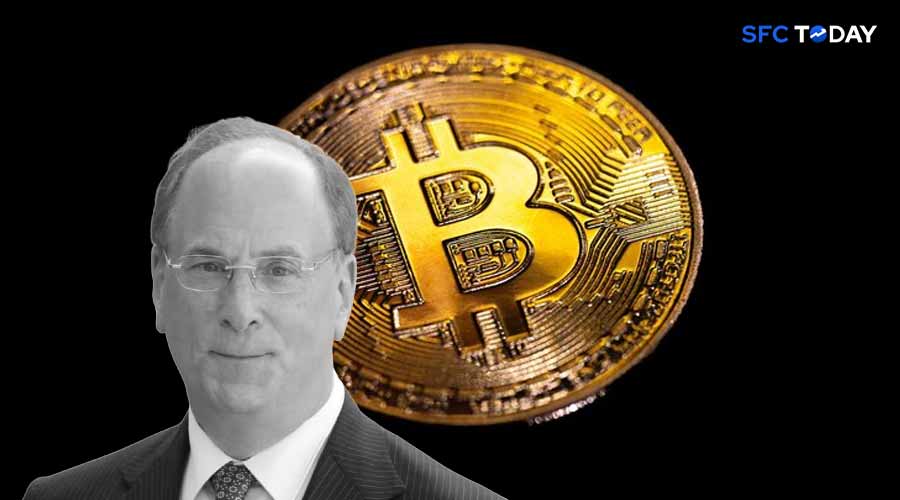BlackRock CEO Larry Fink revises stance on Bitcoin, now sees it as a legitimate digital asset with critical global utility.
The CEO of BlackRock, the largest asset management company in the world, has recently changed his view about Bitcoin, and in a recent interview with CNBC TV, Fink, who once questioned the existence and future of Bitcoin in the market, admitted that he changed his mind after observing the cryptocurrency market for a while.
Fink admitted that his initial skepticism was a mistake, arguing that he gained a more profound understanding of Bitcoin and its possibilities over the past five years. He now understands Bitcoin as “a digital currency and a financial asset” that offers diversification since it has a low correlation with other asset classes.
Bitcoin’s Global Impact
Fink also mentioned that Bitcoin plays an important role in countries with poorly developed formal economies or suffering from the wrong fiscal policies. Bitcoin can be used effectively to protect value in nations experiencing acute currency devaluation because of deficits. Furthermore, in some areas where financial policies are unpredictable, Bitcoin operates as a trading tool and an investment, regardless of the government’s impact.
The BlackRock CEO proceeded to explain Bitcoin further by calling it a ‘digital gold,’ stating that the coin can be used as an investment medium and has its rightful position in industrial society. Fink’s comments are quite noteworthy since BlackRock has been rather active in the crypto space today; it currently manages the largest Bitcoin fund in the world, with assets of over $21 billion.
Critic’s Continual Doubts
While Fink has begun championing Bitcoin, other heads of finance organizations do not see its value. More pointedly, even critics of Bitcoin, such as Peter Schiff, have remained very bearish on its future. A few days ago on X (previously Twitter), Schiff said that Bitcoin would go down to $15,000. He claimed that Bitcoin has no real value and is less reliable than traditional stocks such as gold and silver.
Schiff’s continued disbelief supports that the controversy about cryptocurrencies’ capacity to act as long-term investments remains an issue. These views represent a concern within the sphere of finance and demonstrate a general disbelief in the capabilities of traditional monetary systems concerning the usage of digital currencies in the future economic environment.







